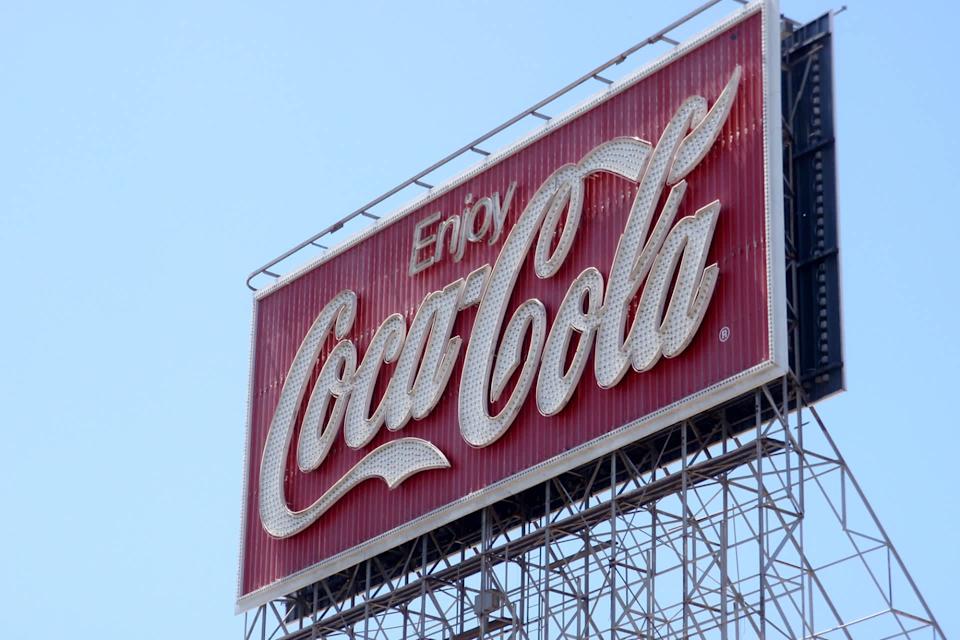It’s common knowledge that soda is packed with sugar and associated with several serious health conditions, like diabetes and cancer. So, how does Coca-Cola, the No. 1 soft drink company on the planet, maintain a great reputation?
A new book by author and journalist Murray Carpenter explores this phenomenon and reveals the dark reasons behind it.
What’s happening?
Carpenter’s book, “Sweet and Deadly: How Coca-Cola Spreads Disinformation and Makes Us Sick,” details the lengths the Coca-Cola Company has gone to mislead the public about the safety of its products.
One of Coke’s underhanded tactics involved funding organizations like the Sugar Research Foundation and the Global Energy Balance Network to spin food science in its favor. The former was a nefarious but highly effective PR move that began in 1943. It was the basis for similar tobacco PR campaigns that followed in the 1950s.
While the Sugar Research Foundation was only partly funded by Coke, the Global Energy Balance Network essentially was the company. The nonprofit, formed in 2014, heavily promoted the idea that lack of exercise was a far greater contributor to obesity than poor diet.
This stance minimizes the impact of high-sugar beverages like soda—which was Coke’s primary goal when it donated millions to start and fund the organization.
Watch now: How bad is a gas stove for your home’s indoor air quality?
“Sweet and Deadly” details not only these examples of Coke’s underhanded tactics but the decades and billions of dollars worth of others.
Why is bringing attention to Coca-Cola’s tactics important?
Gigantic corporations like the Coca-Cola Company have just about all the leverage. They have all the resources, power, and connections needed to spin narratives and manipulate public opinion.
As an average person, it would be almost impossible to know we’re being lied to without people like Murray Carpenter.
“Coke is in the business of selling sugar water. If it tries to reduce sales of its products, it would be violating its obligations to its shareholders,” Carpenter wrote in a Business Insider piece.
|
Do you worry about companies having too much of your personal data? Click your choice to see results and speak your mind. |
High-sugar beverages are associated with diabetes. And as global temperatures rise, the risks associated with this condition become heightened. Coca-Cola significantly contributes to diabetes and environmental crises — being the biggest producer of branded plastic pollution globally — yet still maintains a great image.
This is precisely why bringing attention to how Coke does it is crucial. Coke isn’t likely to reduce its products’ sugar content of its own volition.
What’s being done about Coke’s tactics?
While holding a $300 billion corporation accountable for anything is difficult, we should still be willing to try.
Locals in Chiapas, Mexico, have recently gone after the company for taking over 300,000 gallons of water from the drought-stricken area daily. In response to the backlash, Coke has claimed it “seeks to return” the water but has yet to make good on its word.
Others are calling the company out for the drastic reduction of its sustainability goals, which ironically coincides with its production of 20 oz. bottles made from 100% recycled materials.
As for actions people can take to deal with our plastic waste problem, supporting sustainable initiatives by your favorite brands will always be a good step. And opting for plastic-free options or recyclable products can help us keep our oceans and landfills free of plastic waste.
Join our free newsletter for good news and useful tips, and don’t miss this cool list of easy ways to help yourself while helping the planet.
Yahoo News – Latest News & Headlines
Read the full article .


